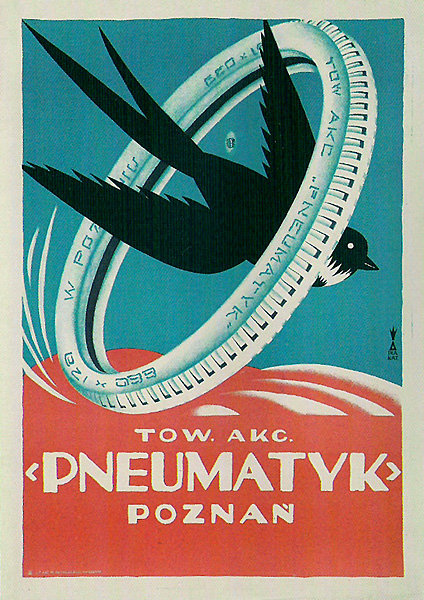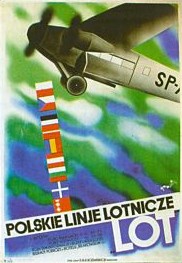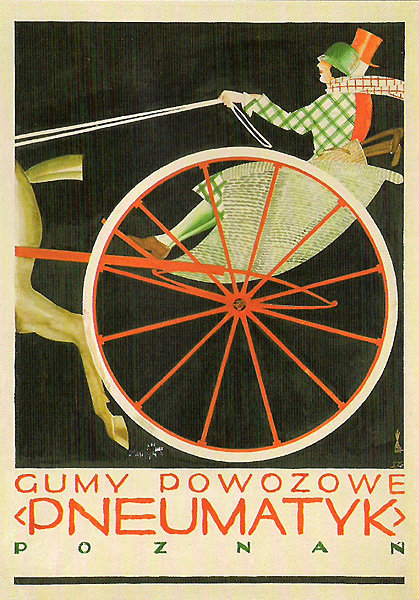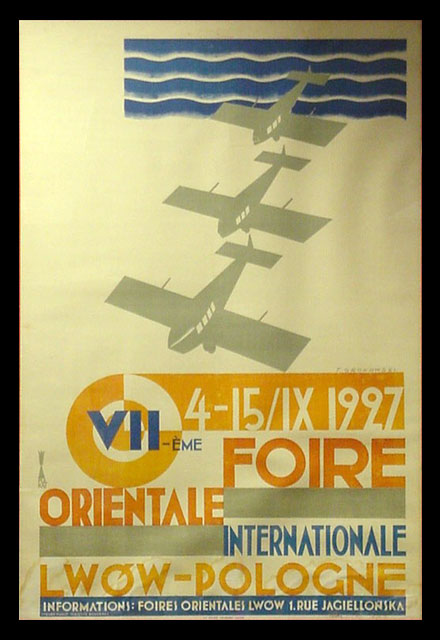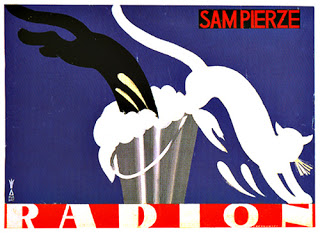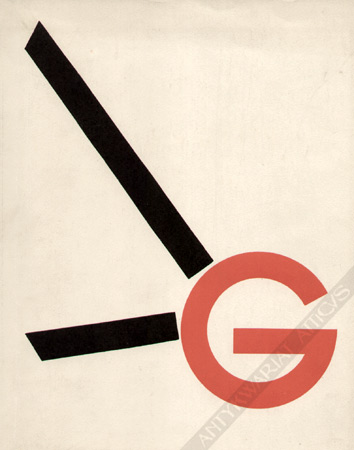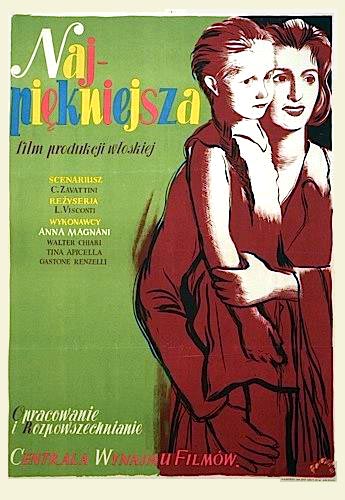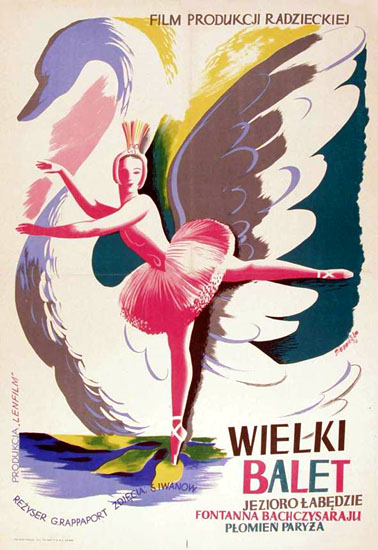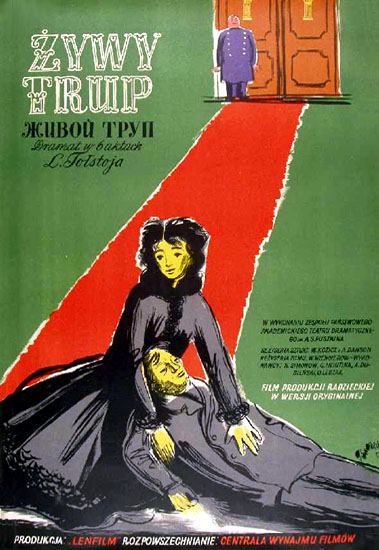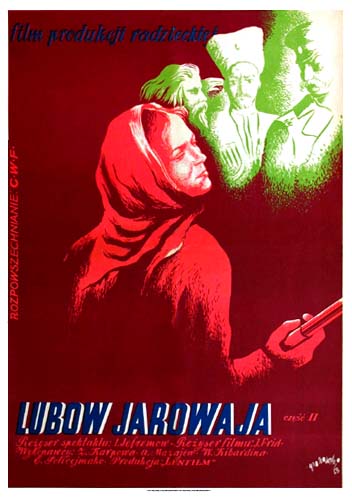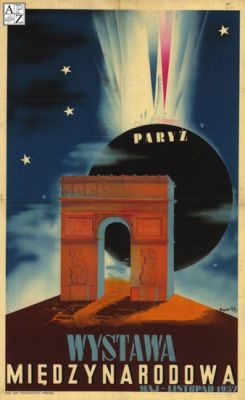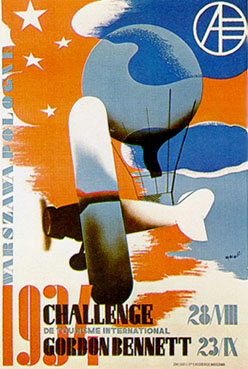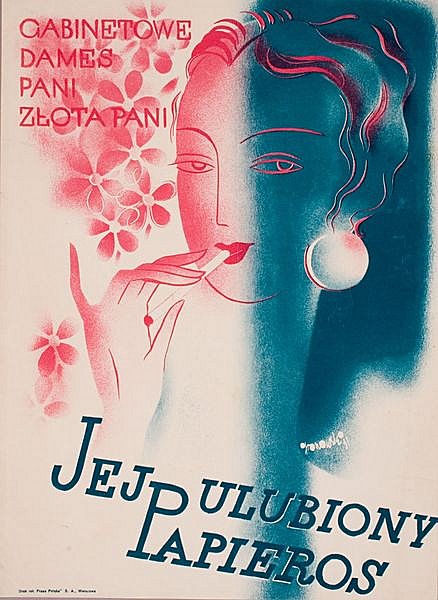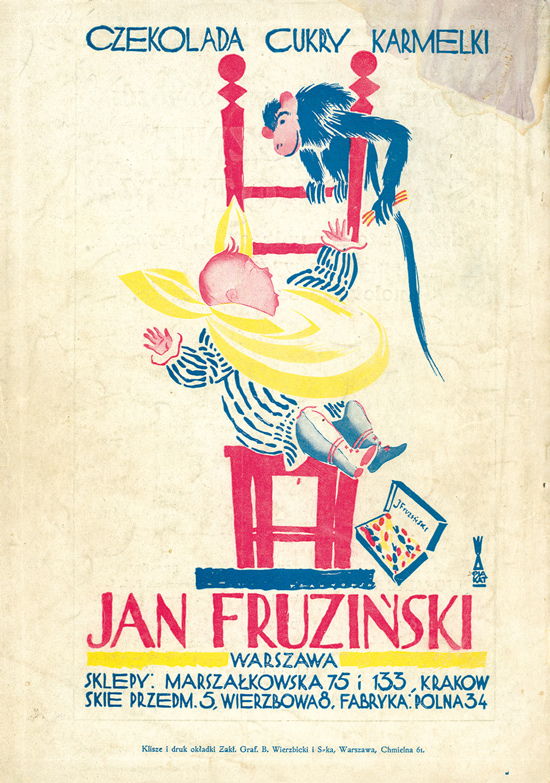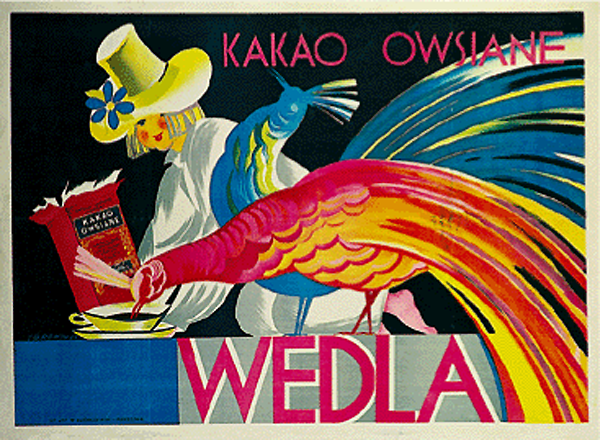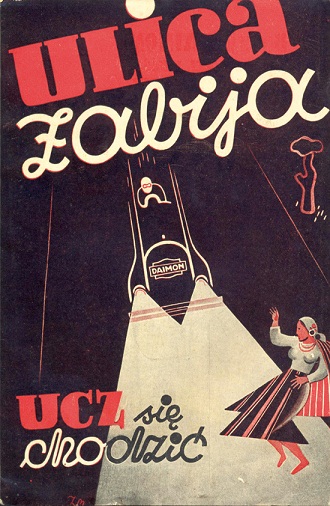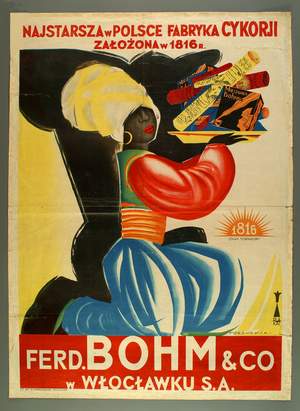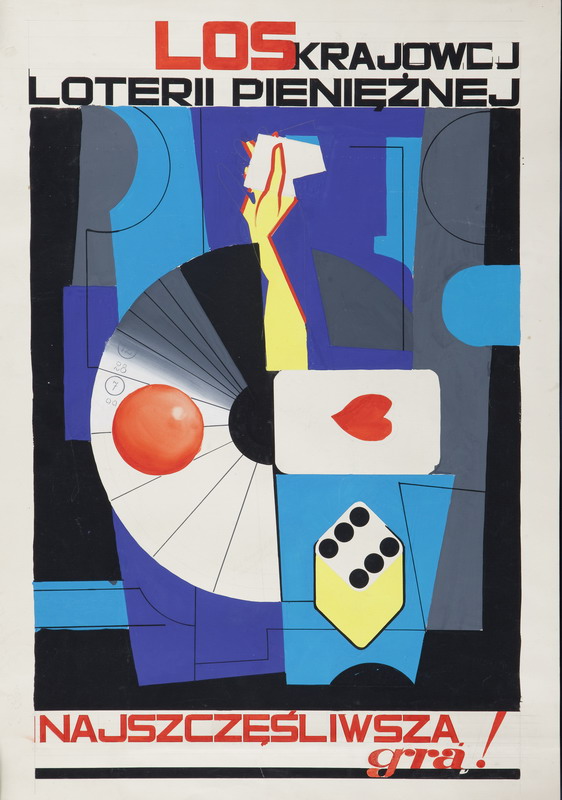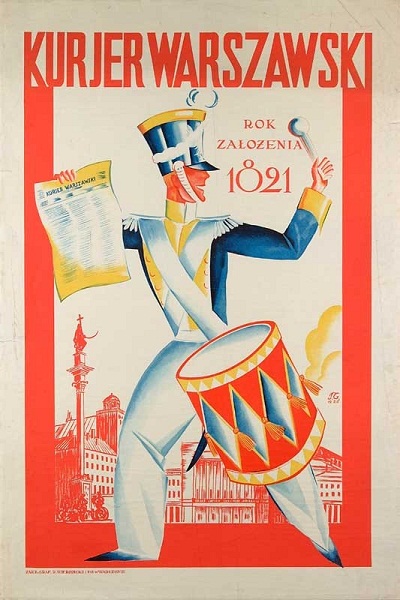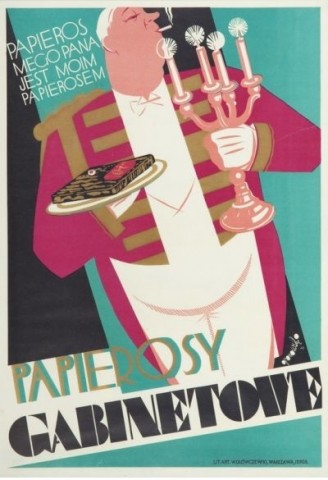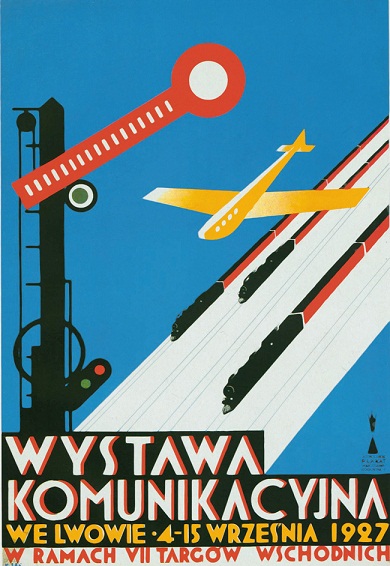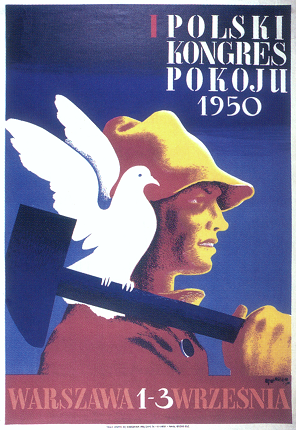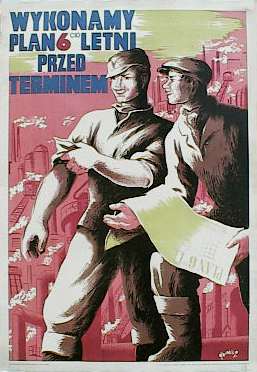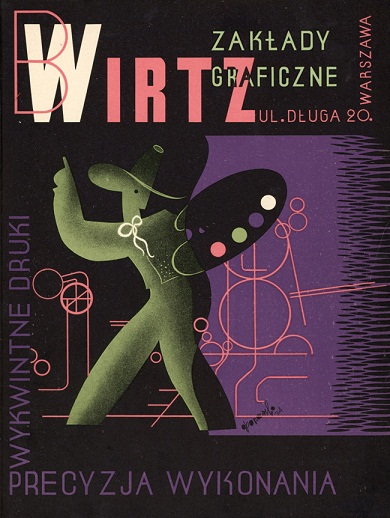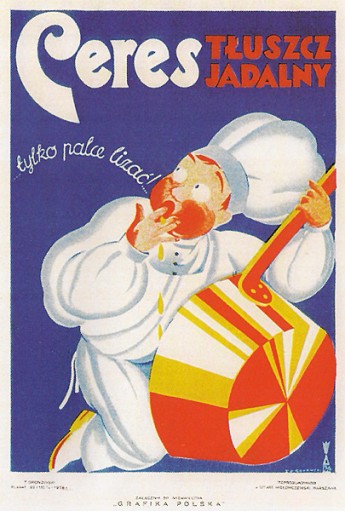<Back to Index>
- Graphic Artist, Designer and Illustrator Tadeusz Lucjan Gronowski, 1894
PAGE SPONSOR
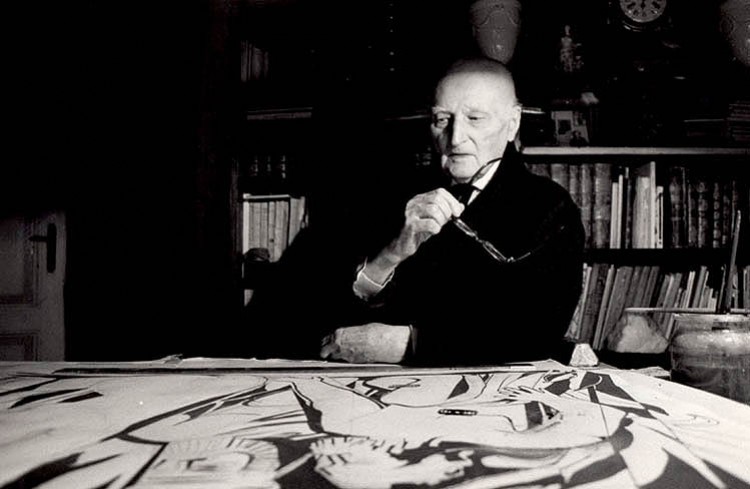
Tadeusz Lucjan Gronowski (5 October 1894 - 20 February 1990) was a Polish graphic artist, architect who worked as an interior designer, painter and book illustrator.
He is considered to be one of the creators of the Polish modern poster. Among his works is the still used logo of the LOT Polish Airlines, which dates to 1929.
He graduated from the department of architecture (Polish: Wydział Architektury) of the Warsaw University of Technology, where he studied during 1917 - 1925, as well as at the ╔cole nationale supÚrieure des Beaux - Arts in Paris, where he also studied painting. During his studies in Warsaw he belonged to the academic society Welecja (Polish: Korporacja Akademicka Welecja). As graphic artist he worked for such periodicals as Pro arte et studio, Skamander and Życie Literackie. He designed print advertisements for pre-WWII notable companies such as E.Wedel (chocolatier), Orbis Hotels (then a tourist agency) and Herse stores. He is the creator of the still used central graphic element of the logo of the LOT Polish Airlines, which design won the contest in 1929 set up by the airline in order to choose a new trademark. He took part in preparing the multi - color scheme (Polish: polichromia) on the tenements lining the Warsaw Old Town Square. He also worked in the city's theaters as set designer.
He was a member of the "Rhythm" Polish Artists' Association (Polish: Stowarzyszenie Artystˇw Polskich "Rytm").
In 1933 he was one of the co-founders of the Commercial Graphic Artists' Circle (Polish: Koło Artystˇw Grafikˇw Reklamowych). Working at the same time within the Polish Union of Graphic Artists (Polish: Związek Polskich Artystˇw Grafikˇw), he co-edited the organization's serial Grafika. He spent many of the years between the two World Wars in Paris, working as interior designer in charge of decor for prestigious and exclusive shops, including Galeries Lafayette.
He has received many Polish domestic and international prizes and acts of recognition, including the Grand Prix at the Exposition Internationale des Arts DÚcoratifs et Industriels Modernes in Paris (1925), and the gold medal for his design of Poland's pavilion at the 1939 New York World's Fair. He is considered to be one of the pioneers of the art of the contemporary Polish poster.
